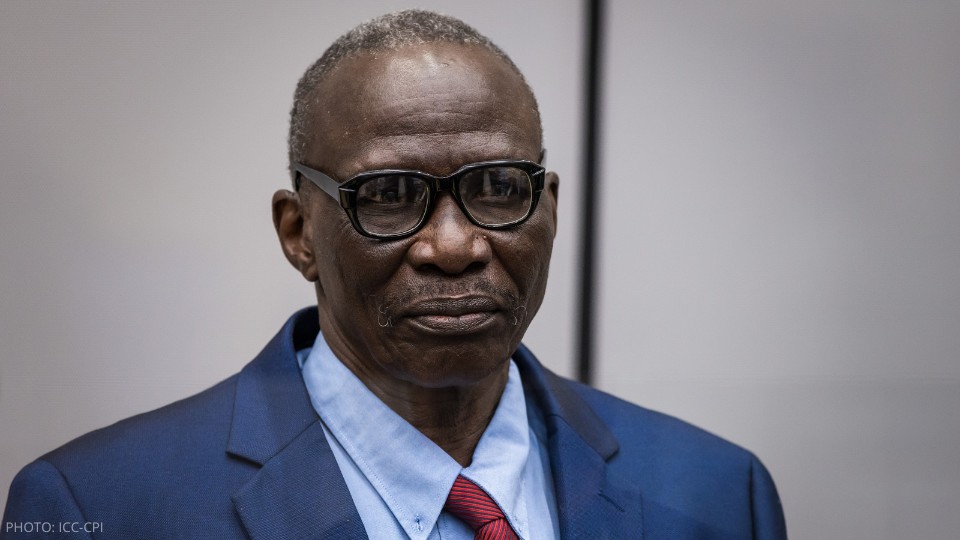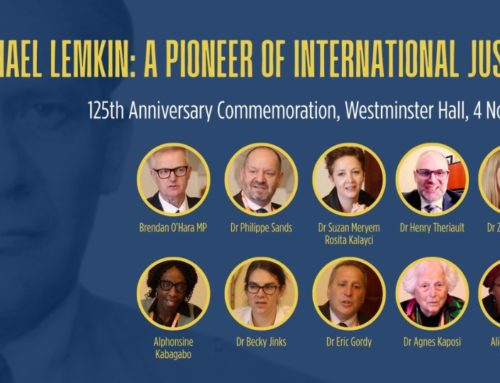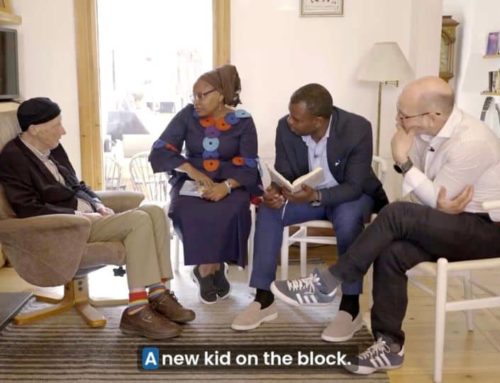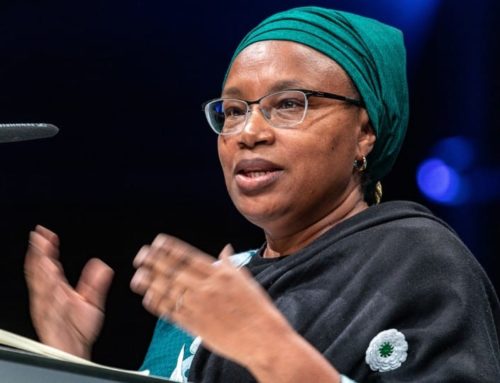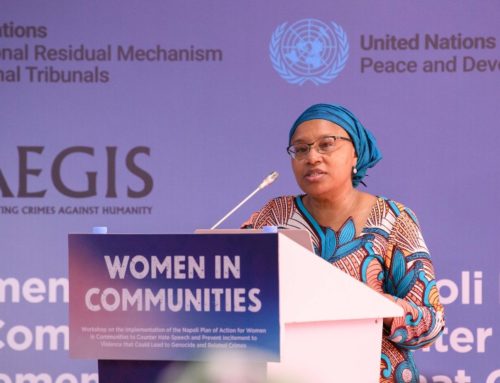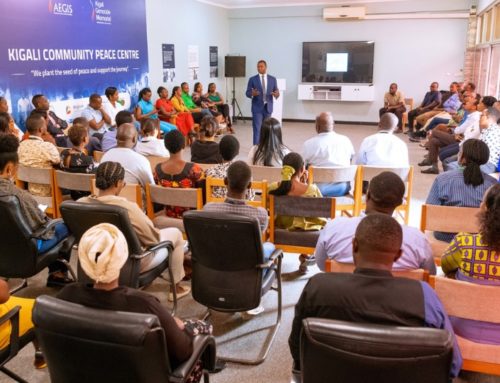Yesterday, the International Criminal Court (ICC) delivered a historic verdict, convicting Ali Muhammad Ali Abd-Al-Rahman—widely known as Ali Kushayb—of 27 counts of war crimes and crimes against humanity for atrocities perpetrated in Darfur in 2003–2004. This is the ICC’s first conviction relating to the Darfur conflict and a long-awaited measure of justice for survivors.
As early as 18 May 2004, writing in The Times, Aegis founder Dr James Smith became the first NGO leader calling for the situation in Darfur to be referred to the ICC. The Aegis Trust worked alongside Darfuri victims and witnesses to document these crimes and advocate for accountability, our researchers recording survivor testimonies that helped keep the truth alive through years of impunity.
In the Aegis Trust’s 2008 short film Darfur: Waiting for Justice, survivors from Kodoom, Bindisi and Mukjar gave first-hand testimony implicating Kushayb in Janjaweed attacks which saw so many of their loved ones and their communities brutally murdered. Yesterday’s verdict represents not only justice for them, but also a vital affirmation that the pursuit of truth and accountability must continue, however long it takes.
“Yesterday’s conviction of Ali Kushayb is a landmark for Darfur’s survivors and for international justice,” says Dr James Smith. “This verdict validates the courage of survivors who spoke out and the persistence of all who refused to accept impunity. Justice cannot stop here. Those who directed these atrocities from the highest levels—among them Omar al-Bashir and Ahmad Harun—must now be surrendered to The Hague so that survivors can see full accountability delivered.”
Alice Wairimu Nderitu, Global President of the Aegis Trust’s Isōko Centre for Humanity, who as UN Special Advisor on Genocide Prevention issued many statements on Sudan in recent years, also welcomed the ruling: “The ICC’s conviction of Ali Kushayb sends a clear message that those who orchestrate or commit atrocity crimes against civilians will ultimately be held to account. It honours the strength of Darfuri survivors and should galvanise urgent efforts to prevent and address ongoing risks of atrocity crimes in Sudan today. Accountability and prevention are inseparable; by learning from the past and upholding justice, we strengthen the foundations for peace.”
“Kushayb’s conviction is profoundly significant,” says Aegis CEO Freddy Mutanguha. “It recognises the suffering of Darfuri communities targeted in 2003 and 2004 and affirms their right to justice. It demonstrates the ICC’s continuing mandate in the Darfur situation and highlights the need for full cooperation to arrest remaining suspects. It also underscores the urgency of ensuring protection and accountability amidst renewed violence in Sudan today, so that impunity does not continue to fuel atrocity crimes.”
At this important milestone, Aegis calls for renewed cooperation with the ICC by Sudanese authorities and all states; for increased support to survivor-centred justice initiatives and psychosocial services; and for sustained international commitment to atrocity prevention measures in Sudan. Only by pairing justice with prevention can the promise of “never again” begin to hold meaning for those who have endured so much.

